|
I am a recent PhD in Computer Science from Rensselaer Polytechnic Institute (RPI). I was advised by Professor Deborah L. McGuinness and Professor Oshani Seneviratne. I will soon start as a Machine Learning (ML) Scientist at Bristol Myers Squibb and I am excited to work among an interdiscplinary team of scientists to apply trustworthy ML techniques to further drug discovery. Previously, I received my B.S. in Computer Science at PES Institute of Technology and M.S. in Computer Science at Rensselaer Polytechnic Institute. Email / Industry CV / Academic CV Google Scholar / Twitter / LinkedIn / GitHub |
|
|
|
|
|
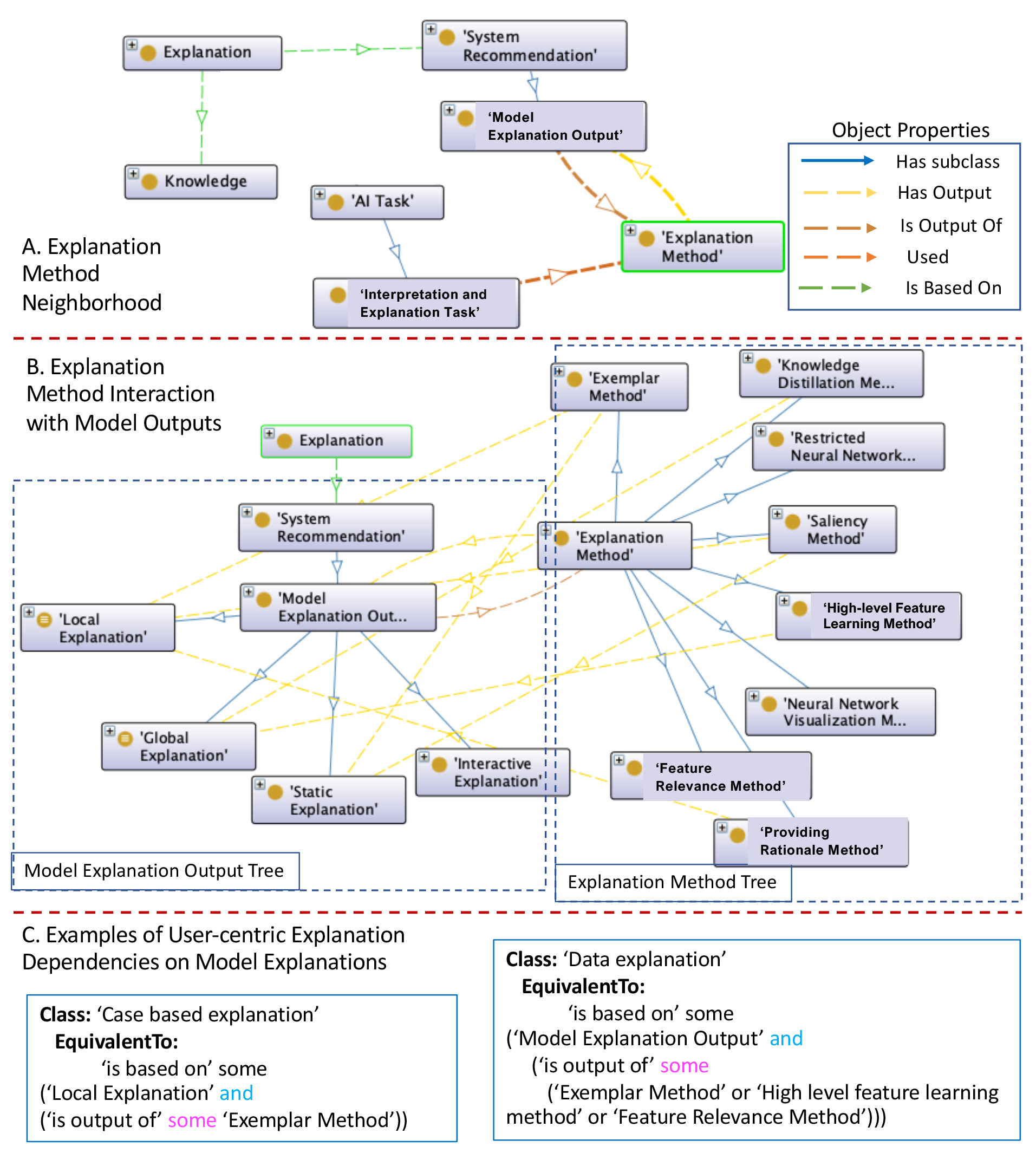
|
Shruthi Chari, Oshani Seneviratne, Mohamed Ghalwash, Sola Shirai, Daniel M. Gruen, Pablo Meyer, Prithwish Chakraborty, Deborah L. McGuinness, Semantic Web Journal 2023 Paper / Code We introduce version 2.0 of the Explanation Ontology with better support for state of the art explainer methods and more explanation types, we now support the modeling of 15 explanation types. |
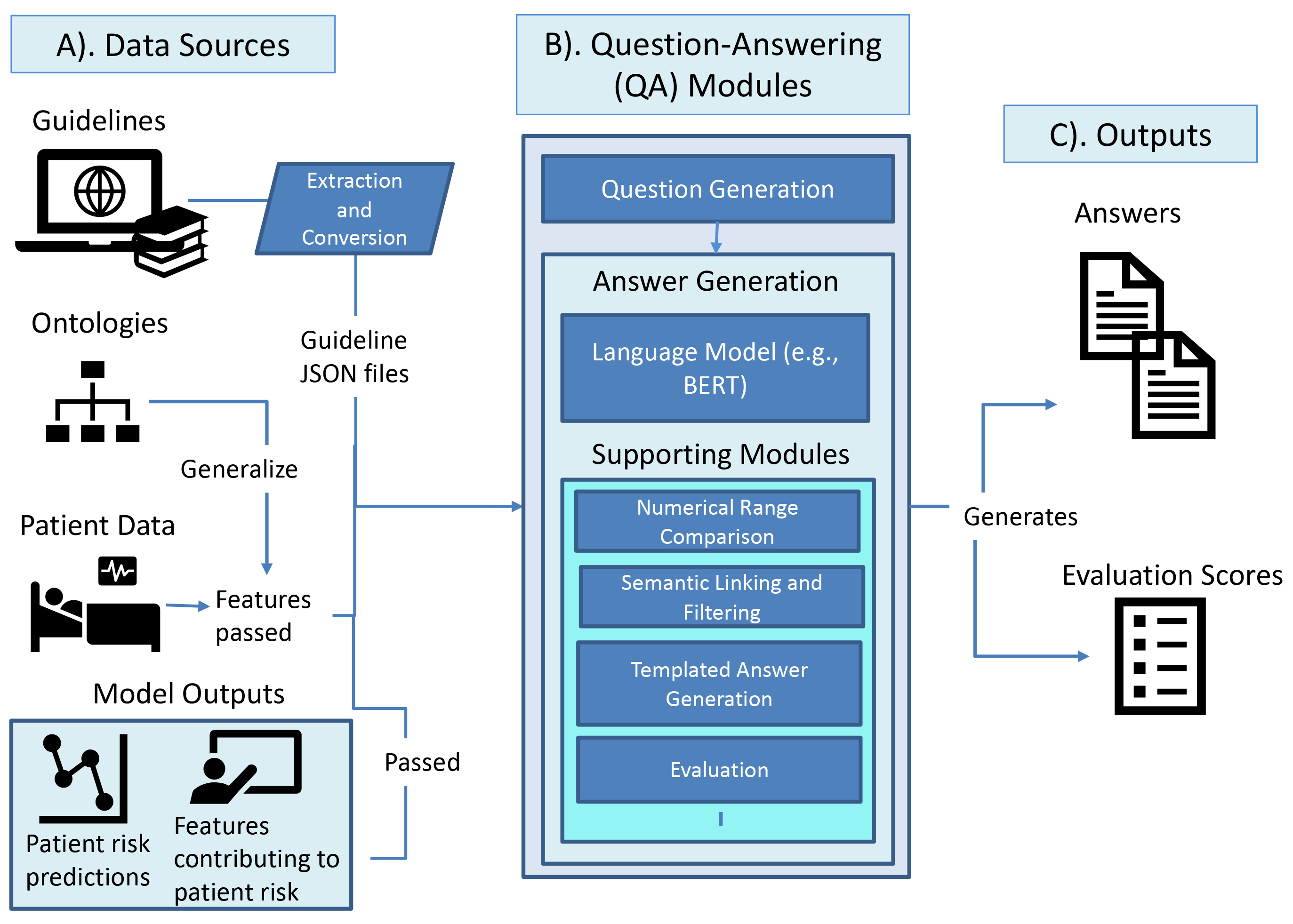
|
Shruthi Chari, Prasant Acharya, Daniel M. Gruen, Olivia Zhang, Elif K. Eyigoz, Mohamed Ghalwash, Oshani Seneviratne, Fernando Suarez Saiz, Pablo Meyer, Prithwish Chakraborty, Deborah L. McGuinness, Artificial Intelligence in Medicine Journal 2023 Paper We introduce an end-end method to contextualize model predictions and explanations in a comorbodity risk prediction setting by implementing a question-answering pipeline to extract relevant sentences from medical guidelines. |
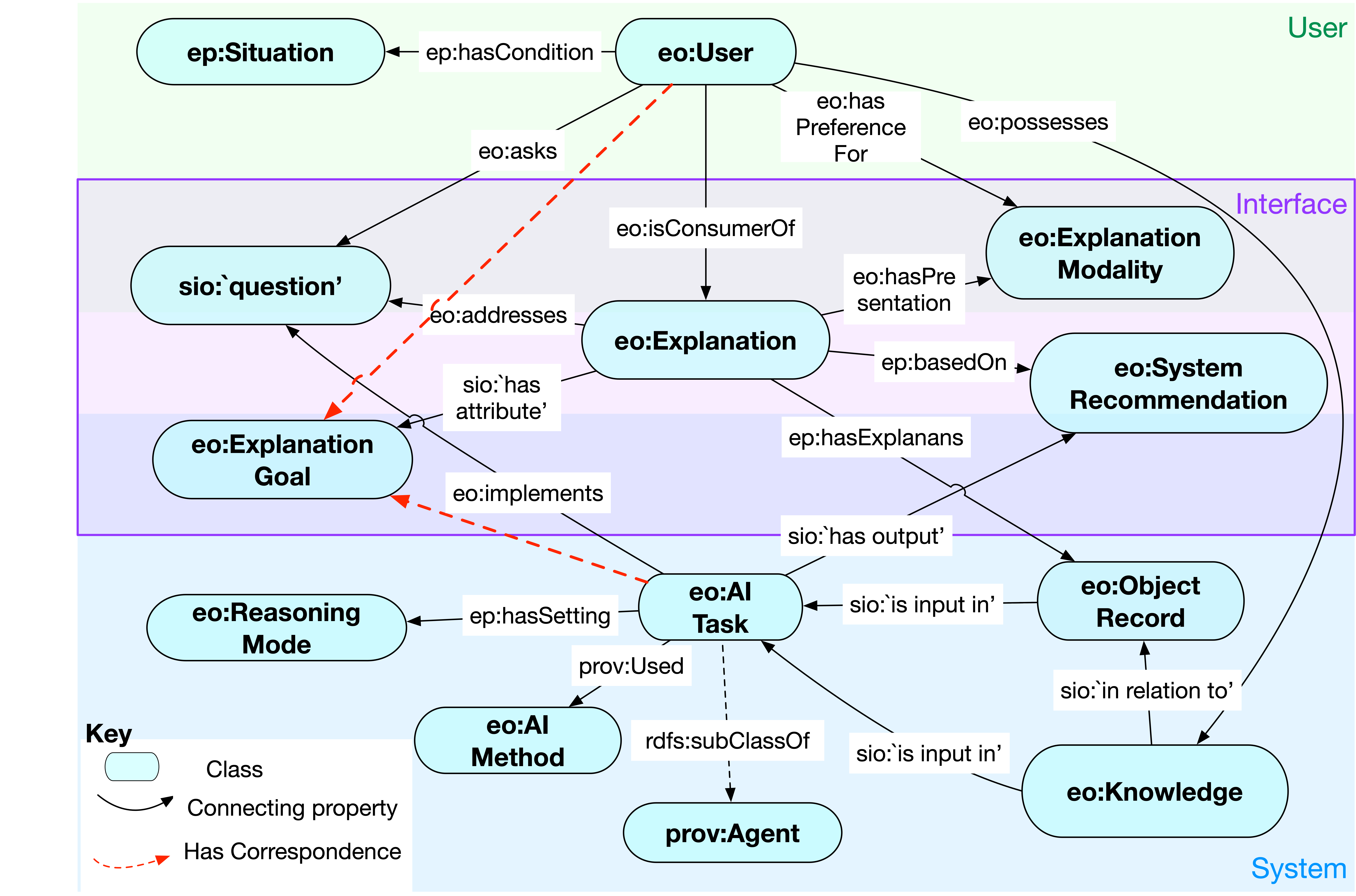
|
Shruthi Chari, Oshani Seneviratne, Daniel M. Gruen, Morgan A Foreman, Amar K Das, Deborah L. McGuinness, International Semantic Web Conference, Resource Track, 2020 Arxiv We introduce our Explanation Ontology (EO), a resource to represent system-, user- and interface- dependencies of explanations. We are able to represent nine different explanation types within the EO. |
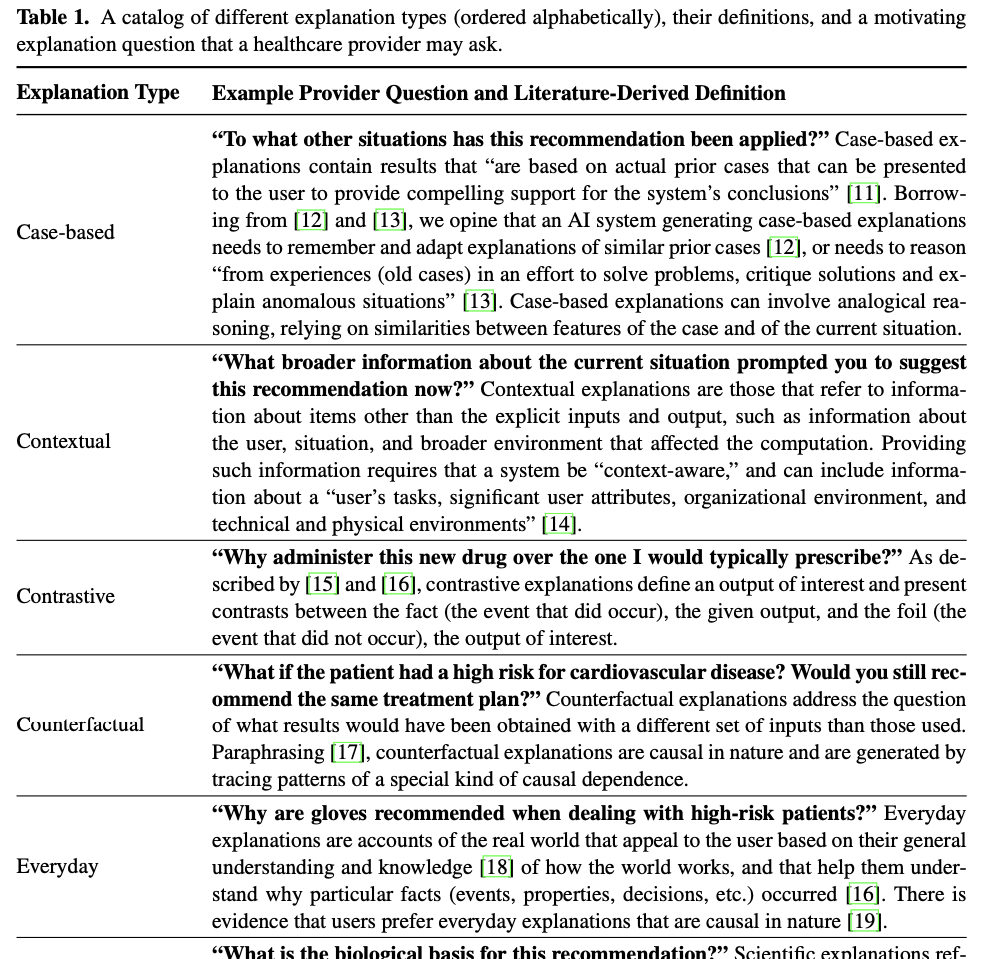
|
Shruthi Chari, Oshani Seneviratne, Daniel M. Gruen, Deborah L. McGuinness, Knowledge Graphs for eXplainable Artificial Intelligence: Foundations, Applications and Challenges, 2020 Arxiv We suggest directions in terms of research areas that will be important for AI explainability. We also introduce a definition for explanations that accounts for imporant dimensions such as context, user intent and knowledge. |
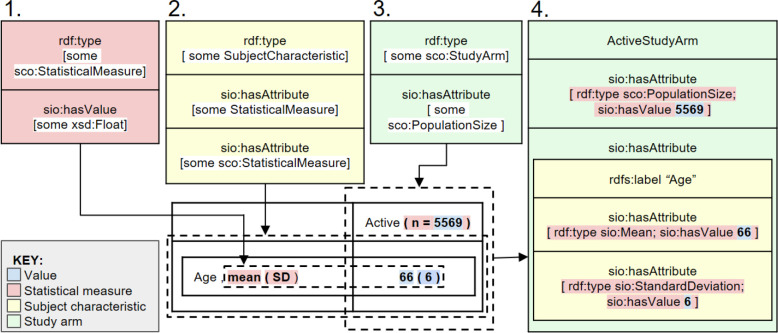
|
Jade Franklin, Shruthi Chari, Morgan A Foreman, Oshani Seneviratne, Daniel M. Gruen, Jamie P. McCusker, Amar K Das, Deborah L. McGuinness, American Medical Informatics Association (AMIA) Annual Symposium, 2020 Paper Code We introduce an extraction and compositon pipeline for cohort description tables from clinical trial PDFs. The tables are converted into Study Cohort Ontology (SCO) structured knowledge graphs using our multi-step extraction pipeline. |
|
Source code credit to Dr. Jon Barron |